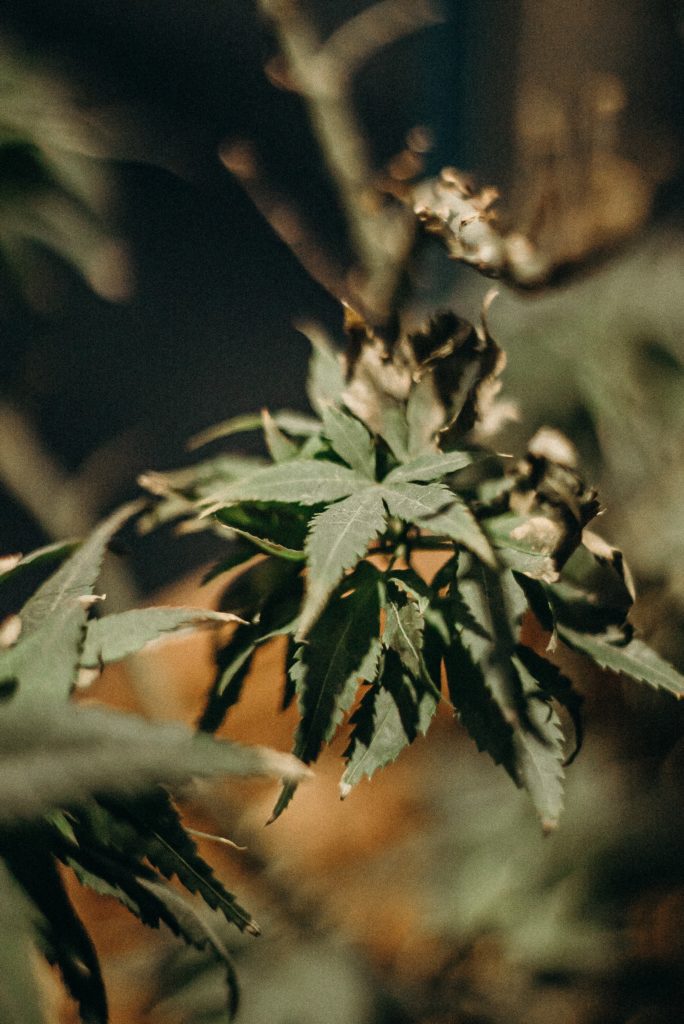If you’re looking to get ahead on your new year’s resolution of living a healthier lifestyle, or you’re just tired of waking up with a pounding headache and nausea every time you drink, you’re in the right place. However, as cannabis becomes more mainstream, many people wonder if it could be used as a better alternative to alcohol, especially for people suffering from alcohol addiction. In this post, we’ll explore that question and more.
Why People Drink
There is a broad spectrum of reasons people drink, from social gatherings to stress relief. However, one researcher found that the fundamental reasons why people drink can be reduced to just two:
- A desire to experience a good feeling
- A desire to avoid experiencing a negative feeling
Of course, many reasons go into those two fundamentals, whether the feeling you’re trying to avoid is awkwardness at a party of heartbreak after a breakup. Other people may want to feel relaxed after a long week at work, while others may drink because they feel inadequate and as if they’re not funny, entertaining, or interesting without a buzz.

Photo by cottonbro from Pexels
Effects of Alcohol on the Brain
Alcohol immediately changes the brain’s chemistry. Similar to other drugs, alcohol impacts the brain’s pleaser-reward-learning circuit — a powerful and complicated loop of neural activity that creates positive feelings in response to behaviors. It’s a loop because we repeat those behaviors over and over. Potent substances like opioids and alcohol can hijack this circuit because they trigger a larger than average production of “feel good” brain chemicals, including serotonin and dopamine. At the same time, the other balancing neurotransmitters are suppressed.
In addition to affecting this pleasure-reward-leaning circuit, it also impacts areas of the brain associated with coordination, memory, and the cerebral cortex’s executive functions, including decision-making, impulse control, and emotion management. Alcohol has also been shown to depress activity in the brain stem and lower our response to pain signals. This is illustrated by someone becoming drowsy when they’re drunk or becoming unaware of physical injuries until the next morning.

Photo by cottonbro from Pexels
In the long term, alcohol addiction can also slowly compromise the brain and other body systems, increasing your vulnerability to disease as well as causing irreversible organ damage. Long-term effects of alcohol include:
- Cardiovascular health problems that increase the risk of stroke.
- Brain shrinkage.
- Dementia.
- Poor brain circulation.c
- Nutritional deficiencies that can damage the brain and/or cause alcohol-related forms of dementia, mental health issues, hallucinations, and psychosis.
Mood and/or personality changes.
Do Cannabis and Alcohol Have Similar Outcomes?
Cannabis also impacts the brain’s pleasure-reward-leaning circuit, and people who use cannabis often experience feelings of euphoria, relaxation, and lowered inhibitions. But, these effects come from very different body mechanisms. The endocannabinoid receptor system is a widespread system of receptors that respond to active cannabis compounds such as cannabidiol (CBD) and tetrahydrocannabinol (THC).
When you consume cannabis, those receptors are activated, and they produce a wide range of effects, from pain and inflammation relief to muscle relaxation and a stronger immune system. Some of the side effects are milder and include impaired coordination and focus. But, cannabis use has an extremely low risk of overdose or death. In fact, there has never been a death that was directly linked to consuming too much cannabis.

Photo by cottonbro from Pexels
The body has no receptor network for alcohol, and instead, it acts on many different brain and body receptors. Alcohol causes disruptions and delays in cell communication. What’s more, it’s a neurotoxin and is capable of causing brain cells to shrink and cells in other organs, like the liver, to malfunction and die.
Is Cannabis a Better Alternative to Alcohol?
Psychiatrist and marijuana advocate Tod Mikuriya studied 92 patients for whom he had prescribed marijuana as a treatment for alcohol abuse in 2004. His study found two key insights about the potential for cannabis to help alcohol addiction:
- The majority of people in his study reported having emotional or physical health conditions like anxiety, depression, bipolar, PTSD, and arthritis. Nearly half of the participants revealed they used alcohol as a coping mechanism for the conditions.
- When study participants used cannabis instead of alcohol, many reported improvement in their symptoms, and they felt less of a need to use alcohol for relief. They also reported improved quality of life, free from alcohol’s complications like aggression, poor judgment, and trouble with law enforcement. When they stopped using marijuana, those symptoms, along with the desire to drink, returned.
Mikuriya concluded that cannabis could be an effective and generally safe replacement for alcohol use.
Can Cannabis Help with Alcohol Addiction?
Many support groups and addiction therapy programs are starting to embrace marijuana maintenance as a way to substitute alcohol for cannabis products that contain CBD or a mix of CBD and THC. For people who use alcohol as a way to relieve pain and distress from emotional and/or physical conditions, cannabis products can also provide relief without the considerable health risks associated with alcohol. Cannabis products can also provide the relaxation and euphoria that some people seek alcohol for — again without the harmful side effects of alcohol.
With a low risk of addiction and a natural affinity for the receptor system, cannabis does have the potential to act as an “exit drug” from alcohol harmful and addictive grip.
Compassionate Clinics of America Can Help
If you’re interested in using medical cannabis to help combat an alcohol addiction or curb drinking habits, contact Compassionate Clinics of America. We help patients in Illinois, Missouri, and Pennsylvania get their medical cannabis cards so they can start living a life free from the holds of pain, addiction, and symptoms of chronic conditions. Contact us today or book a virtual visit today to learn more.

